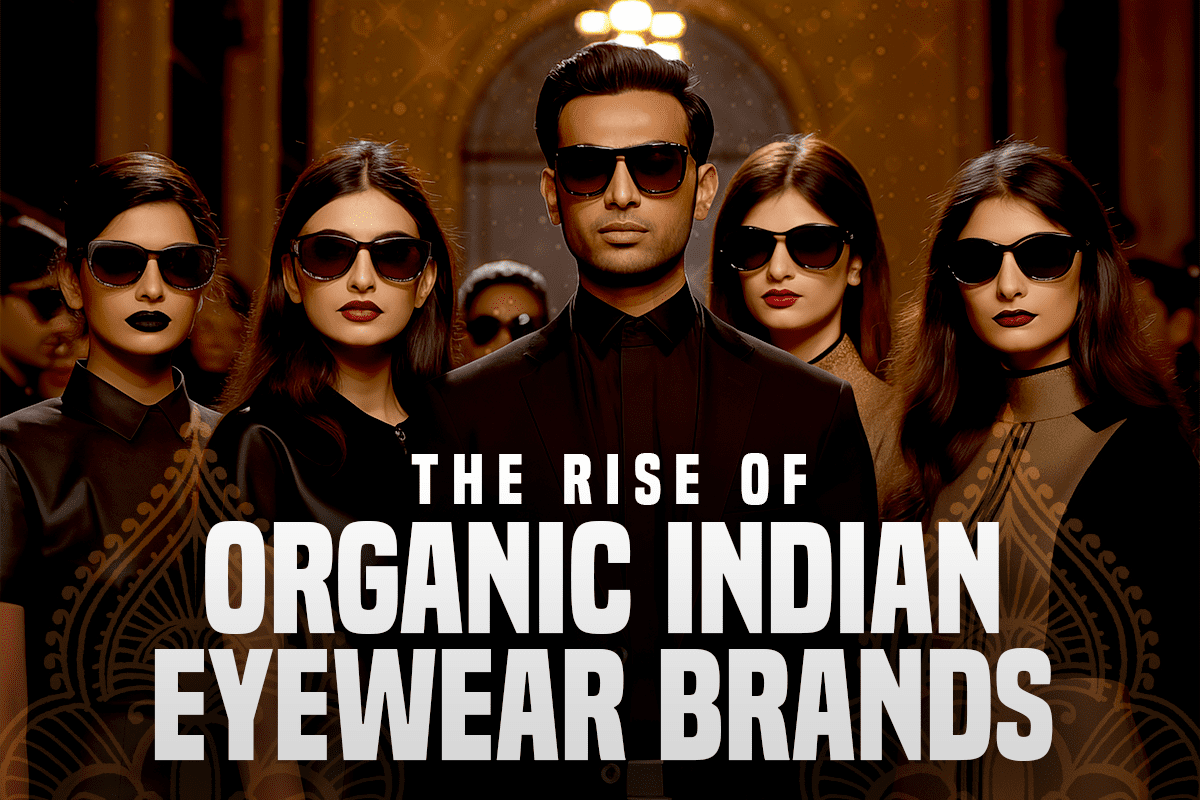Corporate Social Responsibility (CSR) has become an important topic for businesses, big and small. While the positive impact of CSR to society can be substantial, a company also benefits in equal measure
As members of society, we all have a responsibility to promote the greater good. Whether it is paying taxes or reducing carbon emissions, social responsibility all amount to promoting the best for all. These responsibilities fall on both the individual and groups of individuals – and when seen in the context of businesses it is called Corporate Social Responsibility (CSR).
The concept of CSR gained prominence in the 1960s and 1970s when multinational companies (MNCs) went beyond the scope of their local boundaries or home countries. There was a realisation that companies can have an adverse impact on the environment, economy, its employees and their families and society as a whole if checks are not put in place. In this context, CSR can be viewed as the conscience of a company.

Although CSR as a concept has developed against the backdrop of MNCs it does not imply that it is not applicable to smaller businesses. Regardless of the size of the organisation it is certain that they play a role that affects society at large. So CSR can be seen even in the context of an optical store.
What is CSR?
According to the World Business Council for Sustainable Development, “Corporate Social Responsibility is the continuing commitment by business to behave ethically and contribute to economic development while improving the quality of life of the workforce and their families as well as of the local community and society at large.” The European Union (EU) defines CSR as a “concept whereby businesses integrate social and environmental concerns in their daily operations and in their interaction with their stakeholders on a voluntary basis.” Both these definitions imply that a company is socially responsible when it commits to ethical practices in their day to day activities.
CSR broadly covers four elements concerned with a business’ responsibilities:
Economic: Providing goods and services that the market demands and selling them at a fair price.
Legal: Respecting and complying with the law.
Ethics: Taking on the responsibility to work according to the customs, standards and expectations of the society it works in. The company works with the values of society and does the ‘right’ thing.
Discretionary: Adopting purely voluntary responsibilities. Here the company makes social contributions to bring about positive impacts in the community and environment.
Why adopt CSR?
There are many reasons why adopting CSR is in the company’s interest:
Image Building And Reputation: A company that is built on trust, reliability and transparency creates a positive image for itself. The same goes for investing in people, protecting the environment and maintaining health and safety within the organisation.
By communicating the commitment to CSR, an organisation is able to differentiate itself from others in the market, and thus have a competitive edge. This could improve the company’s market position and raise the profile of business.

Stakeholder Trust: When employees and business associates see the commitment of the company towards its social responsibilities, their faith in the business increases. This could improve employee motivation and dedication which in turn improves productivity in the workplace.
Business Generation: Customers today are increasingly aware of environmental and social issues, and are increasingly looking for products and businesses that believe in the values of sustainability. When effectively communicated, CSR can lead to increased foot falls for the business.
Implementing CSR
Successfully implementing CSR in an organisation has
a few ground rules:
Defining A Value System: CSR reflects company’s values and principles in running the business. It is therefore to set down the organisation’s core values and then decide on the strategies that would work around this vision.
Leadership And Support: For CSR to work for an organisation it is essential that the business owner takes on the lead in putting forth new ideas and systems for the organisation to follow. However, for CSR to really work, the managerial team and employees have to believe in the vision of the company and the CSR strategies. Moreover a sense of ownership has to be created within the organisation to sustain the CSR strategies.
Relevance To The Business: CSR encompasses a wide array of possibilities in which a business can contribute. It therefore makes more sense if the CSR programme is relevant to the business so that it is beneficial not only to society but also to the company. For instance, according to Michael E. Porter et al in the Harvard Business Review, to make CSR work for a company it is best to tackle social issues that the company is in the best position to deal with. Elaborating, the article gives the example of Toyota, which dealt with the increasing concerns about car emissions by creating the hybrid car Prius. Choosing an area wisely can give the organisation a competitive edge.
Applying CSR
You need not be a big business or an MNC, to do your bit for the welfare of the community. Even if you own a retail eyewear store in the locality, you should come forward to take the initiative. Interestingly, businesses that have invested in the welfare of communities have only gained more business and loyalty from them in return. As the owner of the neighbourhood eyewear store, you can do so much that can help improve the vision health of the community. Listed below
are a few interesting ideas that can help:
Organise An Eye Check Up Camp: Most optical store owners have good contacts with the ophthalmology hospitals in the locality. Use your network and get a good doctor to conduct the eye check up camp. Of course, if you expect it to be a part of your CSR, you can not charge the customers for the check-up.
Awareness Is Key: Often while interacting with your customers, you will realise that they have very little awareness about the common eye disorders. This is dangerous because in today’s digital / device driven world, it is very easy for anyone to fall prey to such vision related issues. As the neighbourhood optical store owner, you can help improve this scenario. Get an eye health expert to talk about these disorders. A good idea would be to approach one of the brands (whose products you are already displaying) and ask them to arrange it. Most brands love to take up such initiatives as it adds to their CSR efforts.

Organise Eyewear Donation Camps: A lot of your customers come to you to buy new eyewear. In such cases, if the old eyewear is damaged, the only option is to discard it. But what if the old eyewear is still in usable condition? In that case, you can help your customers do a good deed by donating the frames to a person in need. Ideally, organise an old eyewear collection camp and give your customers a day’s time to donate their discarded eyewear. Post the collection camp, you can speak to NGO’s like Goonj, who would happily collect the eyewear and arrange for the donation to the people in need.
CSR has become an important way in which a company contributes to society. Adopting CSR strategies tell stakeholders that the company believes in ethical practices and views itself as an active part in society. Moreover, it allows a business to attain a clear conscience while differentiating itself from its competitors. It’s the perfect win-win situation!












